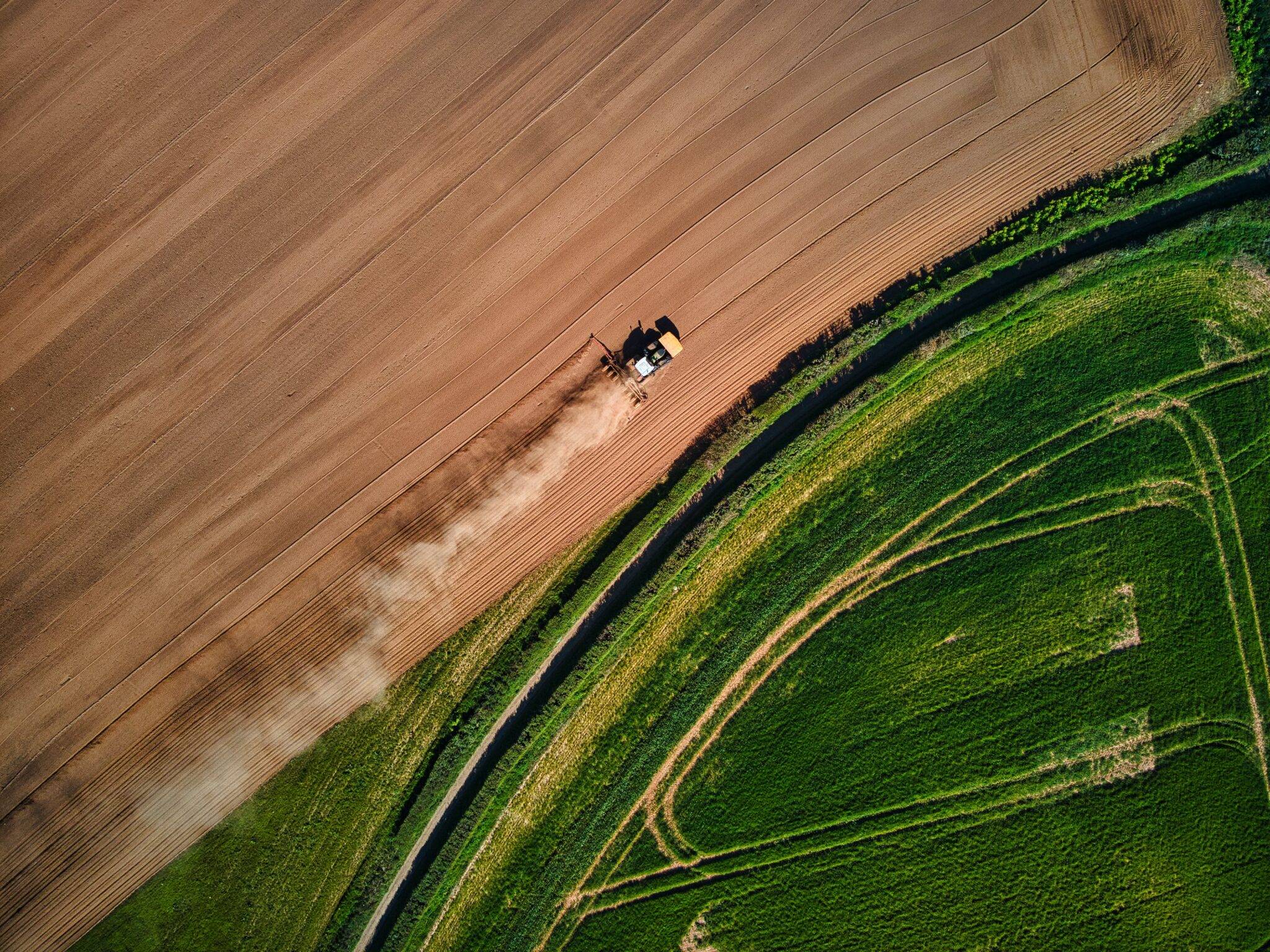
Maddie Chang is a student at Harvard Law School.
In today’s Tech@Work, military AI is being repurposed for worker surveillance, new questions are raised about the impact of automated farming technology on worker safety, and in Brazil, an increase in phone theft hits gig workers especially hard.
As covered in WIRED, a number of tools originally developed for surveillance in military and national security contexts are also being used to monitor workers. For example, one such product first marketed itself as a tool to identify terrorist threats online by scraping data from chat rooms and online forums. It has since applied the same technology in a new arena: “supply chain risk management,” which means identifying the risk of labor strikes before they occur. As the WIRED article notes, it is not clear whether tools of this ilk can actually deliver on their promises; however, their expansion into the world of work and their mere presence may itself chill legally protected organizing activities.
New farming technology, including driverless tractors and autonomous pesticide sprayers, may offer safety improvements but also safety issues that workplace regulators have yet to account for. As reported in Bloomberg this week, the federal-level Occupational Safety and Health Administration (OSHA) and most state-level agencies do not have regulations in place that would obviously apply to autonomous farming tools and vehicles. California OSHA (Cal/OSHA) may be an exception, with a 1970s-era rule that requires a tractor “operator [to] remain in the operator’s seat at all times.” Cal/OSHA used this rule to deny an automated tractor company’s petition to introduce a driverless, all electric tractor last March. The driverless tractor phenomenon parallels an emerging issue with driverless taxis, which, as noted by the LA Times editorial board last week, do not fall neatly into existing regulatory frameworks and pose both public safety and job loss risks for drivers.
Finally, in Brazil, the publication Rest of World reported on the impact of the rise in phone theft on gig workers, who rely on phones not just for communication, but also for their livelihoods. Amidst an increased rate of smart phone robberies in big cities like São Paolo, gig workers delivering food and working on ride-sharing apps have become especially prominent targets, and also face job loss when robbed. Quantifying the impact of this issue is difficult in part because app-based workers are not separately categorized, and so police reports register this type of theft as general petty theft.






Daily News & Commentary
Start your day with our roundup of the latest labor developments. See all
July 15
The Department of Labor announces new guidance around Occupational Safety and Health Administration penalty and debt collection procedures; a Cornell University graduate student challenges graduate student employee-status under the National Labor Relations Act; the Supreme Court clears the way for the Trump administration to move forward with a significant staff reduction at the Department of Education.
July 14
More circuits weigh in on two-step certification; Uber challengers Seattle deactivation ordinance.
July 13
APWU and USPS ratify a new contract, ICE barred from racial profiling in Los Angeles, and the fight continues over the dismantling of NIOSH
July 11
Regional director orders election without Board quorum; 9th Circuit pauses injunction on Executive Order; Driverless car legislation in Massachusetts
July 10
Wisconsin Supreme Court holds UW Health nurses are not covered by Wisconsin’s Labor Peace Act; a district judge denies the request to stay an injunction pending appeal; the NFLPA appeals an arbitration decision.
July 9
the Supreme Court allows Trump to proceed with mass firings; Secretary of Agriculture suggests Medicaid recipients replace deported migrant farmworkers; DHS ends TPS for Nicaragua and Honduras